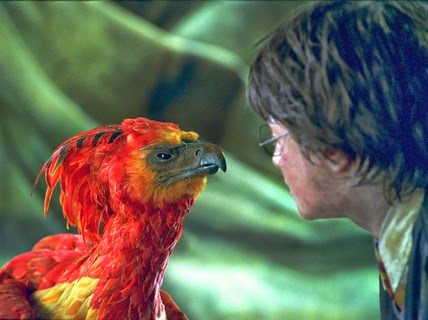I still remember vividly the day my French teacher told us she wouldn't put up with our crap in her classroom. I was in yet another new school, my freshly purchased Dollar Store notebooks and pencils filling my older-than-dirt backpack, last year's not-quite-dead shoes on my feet, when my teacher told our class that she was willing to put up with a lot of crazy, but she absolutely did not put up with bullying. Ever. She told us in no uncertain terms that if we chose to pick on someone else in her room, we were choosing to spend the rest of the day in the office.
This was the first time I had heard anyone say anything like that. I had been to seven different schools, and as the perpetual new kid, I was used to being first a curiosity and then eventually an object of pity and/or ridicule as the year progressed. I knew it would proceed that way because it always had. I wasn't looking forward to that progression at this school, though, because it looked like my family had finally settled in for the long haul, and if I was going to be at this school for four long years (twice as long as I'd been at any other school, ever), then I would rather not have to be teased the entire time.
Years later, I determined to do the same thing in my classroom, and I did. My seventh grade students did a lot of crazy things - making cardboard and duct tape "armor" for battle scenes, sitting inside their lockers and underneath their desks for free-reading time, using the window as an egress on days that the aircon died - but there was no teasing or bullying in my room. My kids felt safe to be themselves, even if the "self of the day" was one of their alter egos. [Ask me about my student Catman sometime.]
When I started library school, I knew it would be very important to me that my library be a open and welcoming space for all people. One of the first things I did as a newly minted middle school librarian was to visit
GLSEN's website and order a safe space kit.
The stickers are still in my desk, but the poster(s) have been laminated, and one of them hangs in the space behind the circulation desk. It's quite visible, but it's also obviously part of the slew of posters I have hanging on my walls. I wanted it to be noticeable but still part of the library landscape.
I also made a point to evaluate the collection at my library. We have more than a few books - both fiction and nonfiction - about various minorities, but we had a grand total of two books about LGBTQ+ people when I got to this library. We now have twenty-eight books, ranging from nonfiction and poetry to manga and realistic fiction. That's not a lot, but it's a lot better than it was. I recommend these books just like I do any other books in our collection, regardless of the perceived or assumed identity/orientation of the student with whom I am speaking. I also have a picture of my wife on my desk, the same way other people have pictures of their kids or their cats or whatever. My library isn't covered with rainbows and glitter, but I do make it clear to all students that this library is a safe space. Period.
In the seven months we've had so far of this school year, I've had perhaps a handful of kids say something about the poster. The conversation usually goes something like this:
Student: "Mrs. F., I like your poster."
Me: "Really? Thanks. I like it, too. I think it's important that everyone feels safe at school and knows they won't be teased just because they are different."
Student: "Yeah. Did you know that my dad/uncle/sister/friend/etc. is gay/lesbian/trans?"
Me: "No, I didn't, but I think it's neat that you wanted to share that with me."
Sometimes they talk about being teased because of their friend or relative; sometimes they talk about that person feeling hurt or betrayed or depressed. For most of them, it sounds like the first time they've actually told anyone, and sometimes just having someone else help you carry your secret makes it easier. Sometimes all kids want or need is a place to feel like they've been heard, and I've given them that.
It's still a fact that LGBTQ+ youth are more likely than their peers to become depressed, miss school, or consider suicide because of the teasing and bullying they deal with on a daily basis. If I could, I'd send a guardian angel with each of those kids to school each day, blocking their eyes and ears from the hurtful things other people say and do. I'd remind them that things do get better and that they are loved and important. Owing to my lack of guardian angels, I have created a space in our school where kids can feel safe and know that they can be themselves.
What about you? What kinds of things have you done in your library/classroom/business to make it open and welcoming for all people?





























